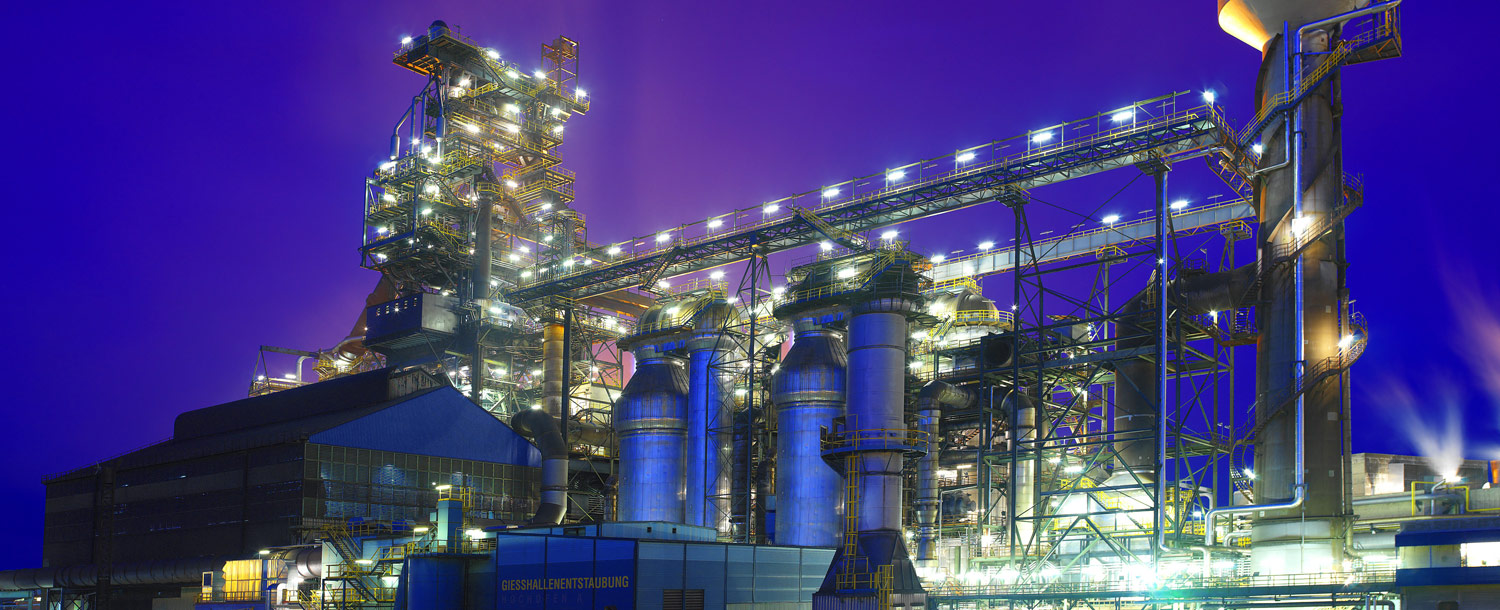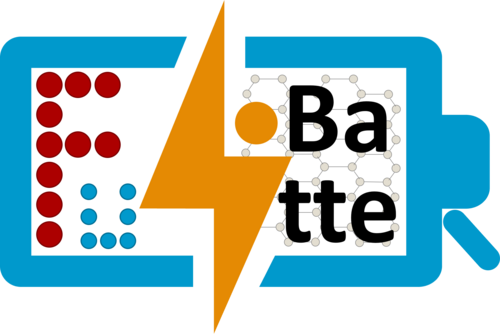In addition to the fundings by the Austrian Federal Ministry of Climate Action, Environment, Energy, Mobility, Innovation and Technology as well as the Federal Ministry of Digital and Economic Affairs as well as by the provinces Upper Austria and Styria renowned industrial and scientific partners contribute to the module. The partners in the consortium are acib GmbH (Austrian Centre of Industrial Biotechnology), Audi AG, B.R.A.I.N. Biotechnology Research and Information Network AG, Christof Industries GmbH, Coventry University, Ebner Industrieofenbau GmbH, Montanuniversität Leoben, RHI Magnesita GmbH, Saubermacher Dienstleistungs AG, TÜV SÜD Landesgesellschaft Österreich GmbH, University of Natural Resources and Life Sciences, UVR-FIA GmbH und voestalpine High Performance Metals GmbH (alphabetically ordered). Further support is provided by the Styrian Business Promotion Agency (SFG) and the Upper Austrian Research GmbH.
Supplementary information concerning the COMET module programme can be found in the press releases
https://www.ffg.at/news/gewesslerschramboeck-12-mio-euro-fuer-neue-comet-module
https://www.uar.at/de/news/news/news-detail/comet-startschuss-fuer-drei-zukunftsweisende-forschungsprojekte (available only in German).
The aim of the COMET module FuLIBatteR (Future Lithium Ion Battery Recycling for Recovery of Critical Raw Materials) is the recovery of valuable materials from spent lithium ion batteries to close the material cycle. The critical raw materials lithium, phosphorus, cobalt, silicon and graphite as well as the economically important metals copper, nickel and manganese are of interest to be recovered from the mechanically treated end-of-life batteries, in which the black mass represents the largest fraction. As a result, the demand of primary raw materials and the supply risk of necessary fractions are lowered.
The objectives of the module are connected to the research programme of K1-MET in Area 1 & 2. More specifically, the material recovery by thermal, physical, pyrometallurgical and bio-hydrometallurgical treatment methods will be accompanied by the complete characterisation, thermodynamic calculation, parameter determination, recycling rate examination and life cycle analysis. The tested processes will be combined to develop an efficient recycling route with high flexibility to changing input material compositions.
More details will be provided on the module’s homepage.

 DE
DE EN
EN
